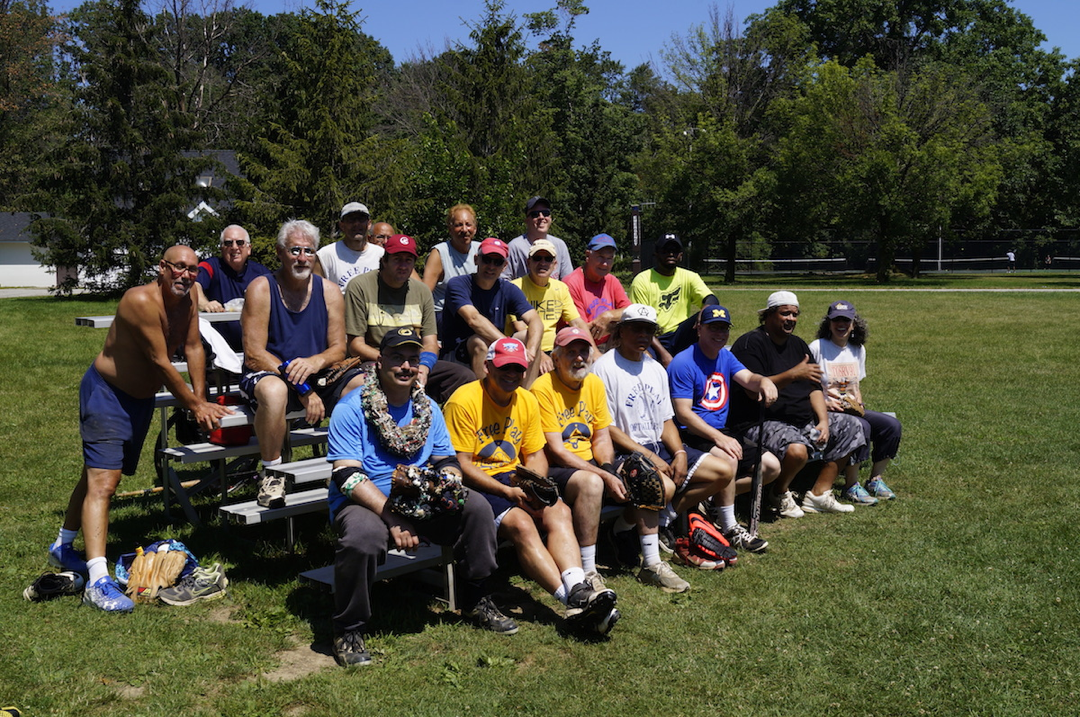Objectivity, no matter what it is in practice, or within technique, or in philosophical specification, lands always as a sort of brutish given. It is a species of truth claim that is paradoxically about the independent nature of the so-called real object, and also is reliant, even dependent, on a subject having derived this truth claim from perception, mechanical observation, or from all the methods of grasping. Still, objectivity is not an interpretation; oh, it is said to not be so!
The potential for discrepancies between features of the subject’s perceptual impressions and the real qualities of the perceived object generates philosophical questions. There are also philosophical questions regarding the nature of objective reality and the nature of our so-called subjective reality. Consequently, we have various uses of the terms “objective” and “subjective” and their cognates to express possible differences between objective reality and subjective impressions. Philosophers refer to perceptual impressions themselves as being subjective or objective. Consequent judgments are objective or subjective to varying degrees, and we divide reality into objective reality and subjective reality. Thus, it is important to distinguish the various uses of the terms “objective” and “subjective.” (Internet Encyclopedia of Philosophy: Objectivity)
(see also: Stanford Encyclopedia of Philosophy: Scientific Objectivity)
I remember as a thirty-something man–so, sometime ago–Ayer’s Language, Truth and Logic moved me to tears one lunchtime while contemplating the nature of nature from the sun-warmed bank of the Otter Creek, Middlebury, Vermont. The other learning at the time was to finish the book before investing in the emotional reaction!
Soon enough I would find my way to the practicalities of William James. Yet, A.J. Ayer of course goes all the way around his circle too.
Evidently, there is no general answer to the question what constitutes a
meaningful life. A life lived in one culture at a given social and economic level
which satisfies one person might well fail to satisfy another who dwelt in a
different or even in the same environment. Treating the question subjectively one
can say, platitudinously, that it is a matter of the degree to which one achieves self
fulfilment. Treating it objectively, it is a matter of one’s standing in one’s society
and the historical influence, if any, that one exerts. We have seen that the results
of these different viewpoints need not coincide either with each other or with
what we humane and liberal persons would regard as morally commendable. (A.J. Ayer, The Meaning of Life)

Since everything is an apparition, “perfect” in being what it is, having nothing to do with good or bad, acceptance or rejection, one may as well burst out in laughter. (Longchenpa)
In common, folk, practice, with respect to the social sphere, objectivity is pragmatically the non-confounding ‘just so’ of commonsense comprehension of the ecology of human objects, structures, regulatory features, and so is graspable as being constituted by the clear description, the sensible abduction (or explanation,) the operational model (or map) of mechanical interrelationships, and, at the extreme where objectivity quickly fades into intersubjectivity, the shared truths or norms. These latter elements also reflect a hypostasis of collective interpretation, and churn the just so into the good enough. Not everybody need be in agreement on these, now, subjective, matters.
We recognize that objectivity-proper doesn’t need to come up much. Our sight and cognition is fairly dependable once it is well understood what interpretation tends to cloth perception “in.”
For example, it could be observed that the Free Play Softball League meets around 10am on Sunday. A dude looks over the roster of players who have showed up and starts to design line-ups on a piece of notebook paper. Thinking of a more particular recent instance, this same dude could be observed to have made an adjustment to the line-ups midway through the game.
(I suppose we’ll have to make an inquiry to learn why the dude did so.)
Still, such goings-on are clearly and objectively aspects of the game. Such goings-on may be observed, described, explained, as objective parts of the game.
The dude last Sunday was very pleased, and this was observable, at the conclusion of the game. It reflected a tally of runs. Dude liked the tie score. He could be seen to be smiling.
A 1-2-0-7-0-5--15 H 2-0-3-6-3-1--15

